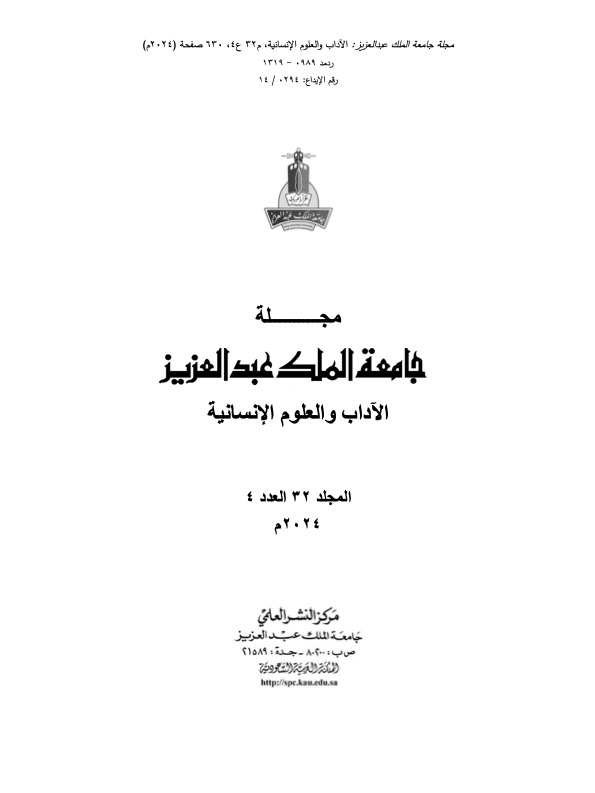Constitutional developments of practicing the right to strike in Palestine: “A comparative study”
Main Article Content
Abstract
Abstract:
This research seeks to discuss the constitutional developments of practicing the right to strike in Palestine, through the descriptive, analytical and comparative methodology. To achieve that purpose, this research is divided into two chapters. The first chapter deals with the development of the right to strike in comparative constitutions and international standards through two sections: the first section deals in general with the development of the right to strike in comparative constitutions, while the second section deals with the development of the right to strike in international standards.
The second chapter tackles the development of the right to strike in constitutional eras in Palestine through two sections. The first sections address the right to the strike before Palestinian fundamental Law's entry into force, and after the entry into force. The research concluded several results, most notably that the period when the fundamental Law came into force has led to an explicit and obvious recognition of the right to strike, unlike the previous eras. However, the authorizations of the Palestinian President contributed, by issuing decrees by law through Article 43 of the fundamental Law, in depriving large segments of public sector employees from practicing the right to a union strike.
The importance of this research is evident with acknowledge that the right to practice a union strike is considered as one of the most controversial topics at the level of the constitutional and legislative approach between the aforementioned right and the necessity of economic interests' regularity and public facilities' functioning. This research can also provide an added value to researches that seek to examine constitutional developments of the right to strike in light of the multiple constitutional eras that Palestine has witnessed, which has significantly affected the extent to which Palestinian professional and union groups enjoy the ability to practice this right

